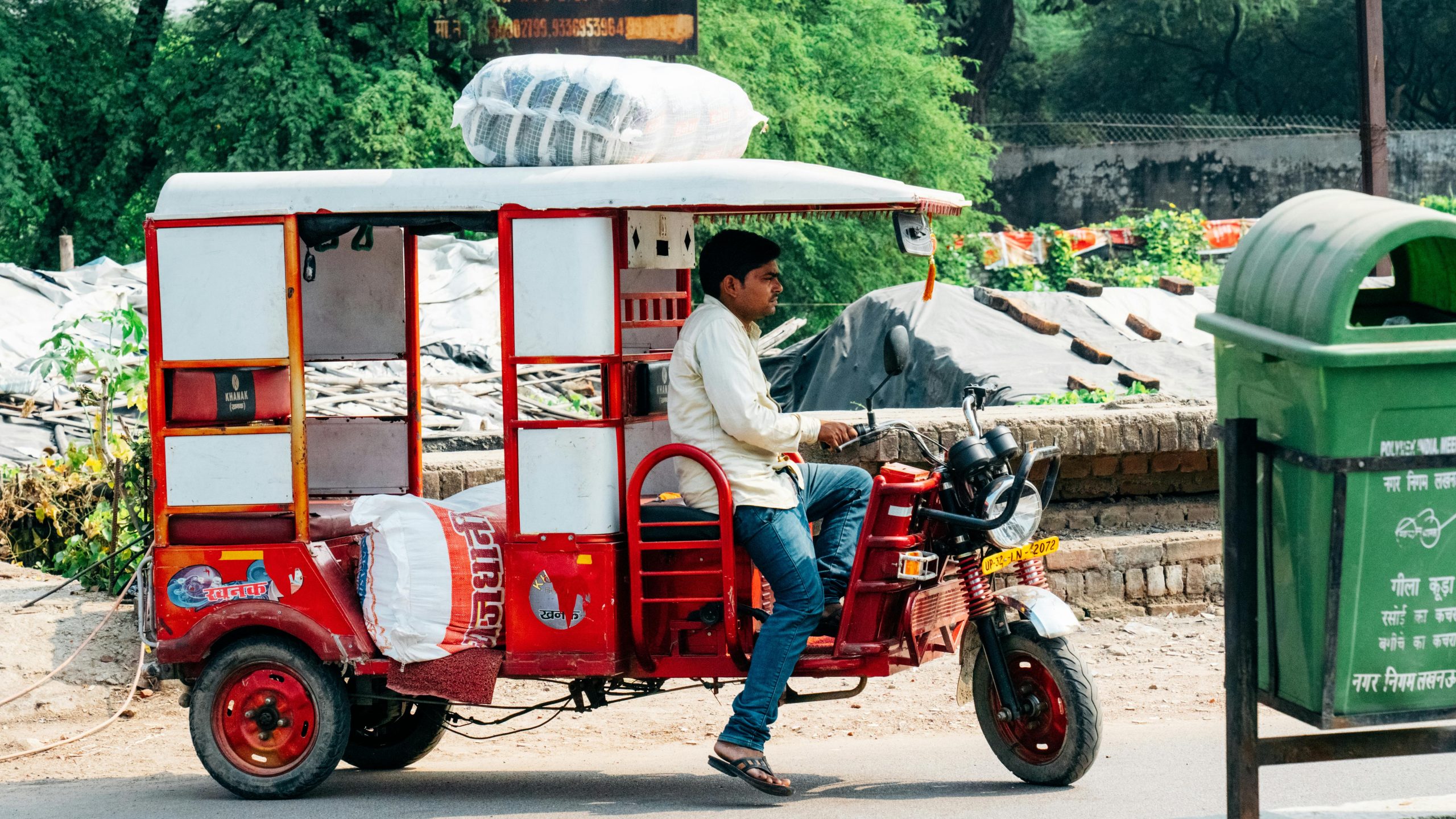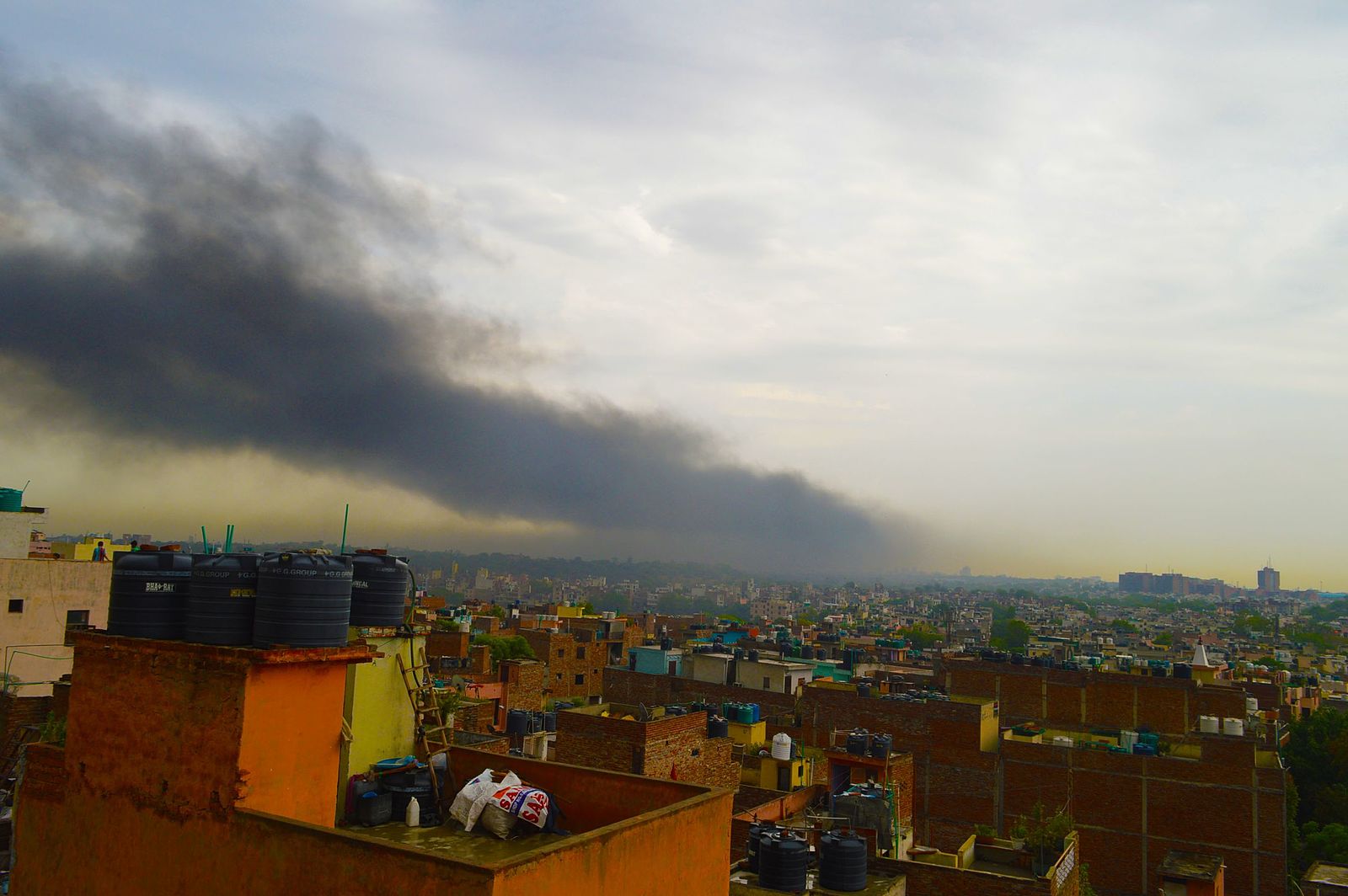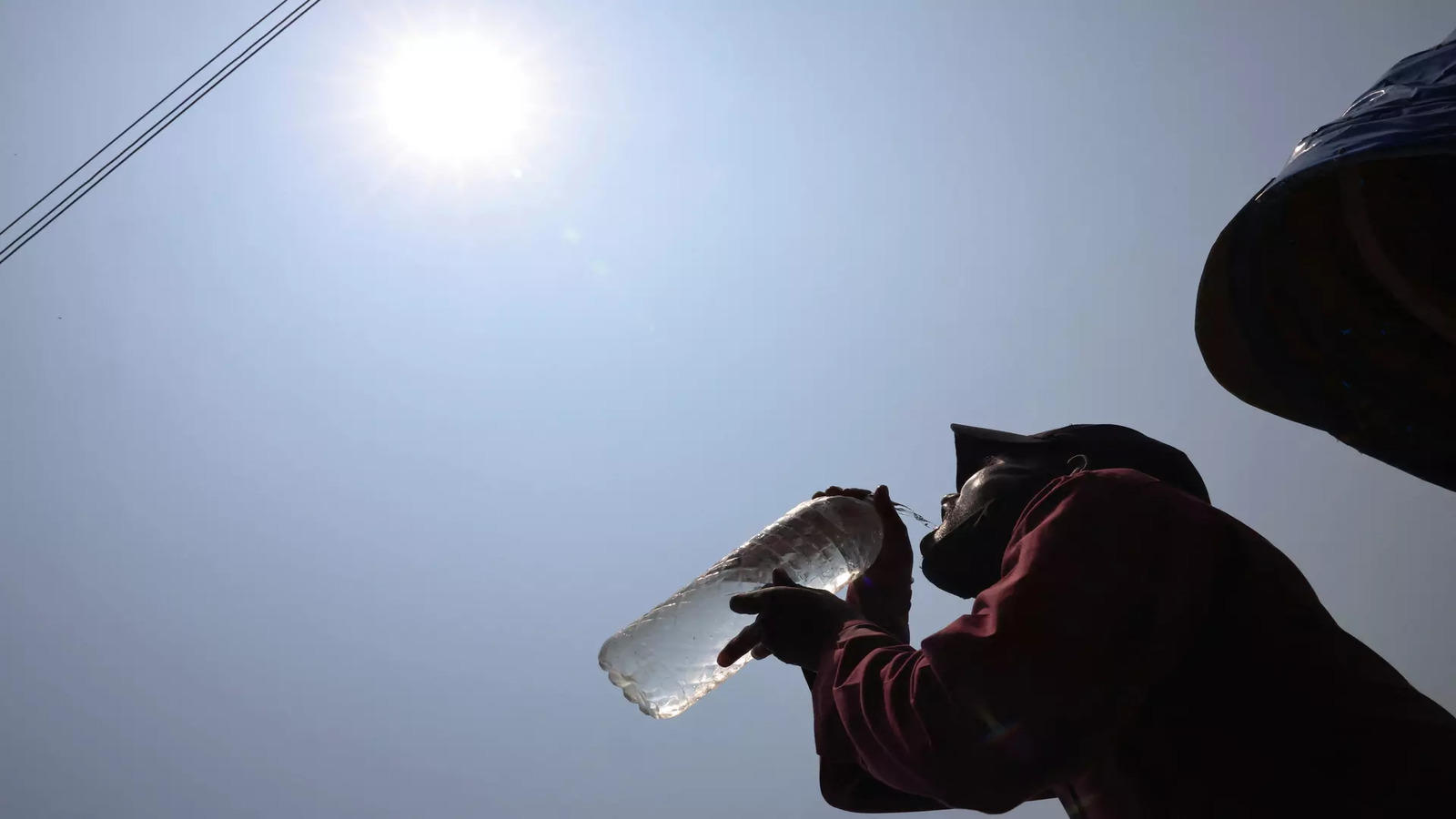
Bhargav Krishna
Dr Bhargav Krishna is Convenor, SFC, and Coordinator of the Environmental Governance and Policy vertical at the Sustainable Futures Collaborative. His research interests span areas of health policy, environmental policy, and environmental epidemiology, with a focus on the impact of air quality and climate change on health. Previously, Bhargav was a Fellow at the Centre for Policy Research, and earlier set up and managed the Centre for Environmental Health at the Public Health Foundation of India (PHFI), where he led work on air quality, climate, and health. In this capacity, he served on Union and State government expert committees on air pollution, biomedical waste, and critically polluted areas. He has also carried out work on health systems and sustainable development across several states. Bhargav holds a Doctorate in Public Health (DrPH) from the Harvard T. H. Chan School of Public Health, a Master’s degree in Global Environmental Change from King's College London and an undergraduate degree in Biotechnology from Anna University, Chennai. He is also an adjunct faculty member at the PHFI.
Publications


Journal articles
Environmental Governance and Policy
Synergistic associations of ambient air pollution and heat on daily mortality in India
Jeroen de Bont, Ajit Rajiva et al
Environment International | 2 April 2025
Limited studies have evaluated the interaction between ambient air pollution and heat on mortality, especially in regions such as India, where extreme levels of both exposures occur frequently. The paper aims to investigate the potential synergistic effects between ambient air pollution and heat on daily mortality in India. It calls for efforts to tangibly reduce common sources of air pollution and climate change to immediately lower their combined effects on daily mortality and mitigate their long-term health consequences.


Opinions
Environmental Governance and Policy
Managing air quality: Answer is in airsheds
Shibani Ghosh and Bhargav Krishna
Hindustan Times | 28 October 2024
Four key issues to consider for effectively implementing an airshed-level approach to air quality management: development of robust knowledge systems; appropriate institutional structures; clear powers and functions of the airshed authority; and accountability mechanisms.


Journal articles
Environmental Governance and Policy
Ambient air pollution and daily mortality in ten cities of India: a causal modelling study
Jeroen de Bont, Bhargav Krishna et al.
The Lancet Planetary Health | 4 July 2024
Even levels of air pollution below current Indian air quality standards lead to increased daily mortality rates in India. It finds that across 10 cities in the country (Ahmedabad, Bengaluru, Chennai, Delhi, Hyderabad, Kolkata, Mumbai, Pune, Shimla and Varanasi), ~33,000 deaths per year can be attributed to air pollution levels that are above the WHO guidelines. Significant number of deaths were observed even in cities not considered to have high air pollution, such as Mumbai, Bengaluru, Kolkata and Chennai.


Reports
Environmental Governance and Policy
Sustainable Solutions to Crop Residue Burning and Air Pollution Cycle in India and Pakistan
Bhargav Krishna, Babar Shahbaz and Annanya Mahajan
Council for Strategic and Defense Research | 22 April 2024
The chapter in the report 'The Air We Share: Towards Reduced Transboundary Air Pollution across India and Pakistan' looks at crop residue burning in India and Pakistan, presenting several sustainable solutions - shifting focus away from paddy and wheat towards other crops, coordinating across multiple stakeholders, etc.


SFC Perspectives
Adaptation and Resilience
Climate Policy
Energy Transitions
Environmental Governance and Policy
SFC Perspectives on Adaptation and Resilience, Climate Policy, Energy Transitions, and Environmental Governance and Policy
SFC
SFC | 19 March 2024
SFC Perspectives are intended to stimulate discussion by providing an overview of key issues and avenues for action to inform India's sustainable development trajectory.


SFC Perspectives
Environmental Governance and Policy
Perspectives on Environmental Governance and Policy: Systemic transformations to limit the health burden of air pollution
Bhargav Krishna, Shibani Ghosh, Arunesh Karkun and Annanya Mahajan
SFC | 18 March 2024
We, at SFC, view reducing air pollution not only as a technical challenge, but also as a structural one that requires re-thinking our approach and the institutions that are tasked with addressing it.


Journal articles
Adaptation and Resilience
Environmental Governance and Policy
Impact of heatwaves on all-cause mortality in India: A comprehensive multi-city study
Jeroen de Bont, Amruta Nori-Sarma et al.
Environment International | 22 February 2024
The authors found strong evidence of heatwave impacts on daily mortality. Longer and more intense heatwaves were linked to an increased mortality risk, however, resulted in a lower burden of heatwave-related deaths.


Journal articles
Environmental Governance and Policy
What Is Polluting Delhi’s Air? A Review from 1990 to 2022
Sarath K Guttikunda, Sai Krishna Dammalapati et al.
Sustainability | 26 February 2023
The paper reviews the influence of Delhi’s urban growth since 1990 on pollution levels and sources and the evolution of technical, institutional, and legal measures to control emissions in the National Capital Region of Delhi.


Opinions
Environmental Governance and Policy
Anti-smog guns, sprinklers, dust suppressants: How effective are these quick-fixes to air pollution?
Abinaya Sekar and Bhargav Krishna
Scroll | 10 January 2023
With high water usage, questionable water quality and health risks, these methods have, at best, limited effects.






 CV
CV